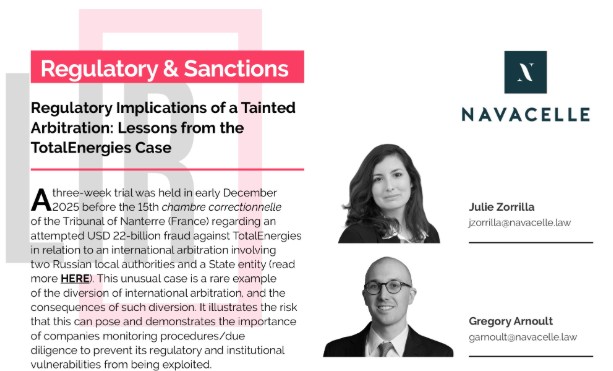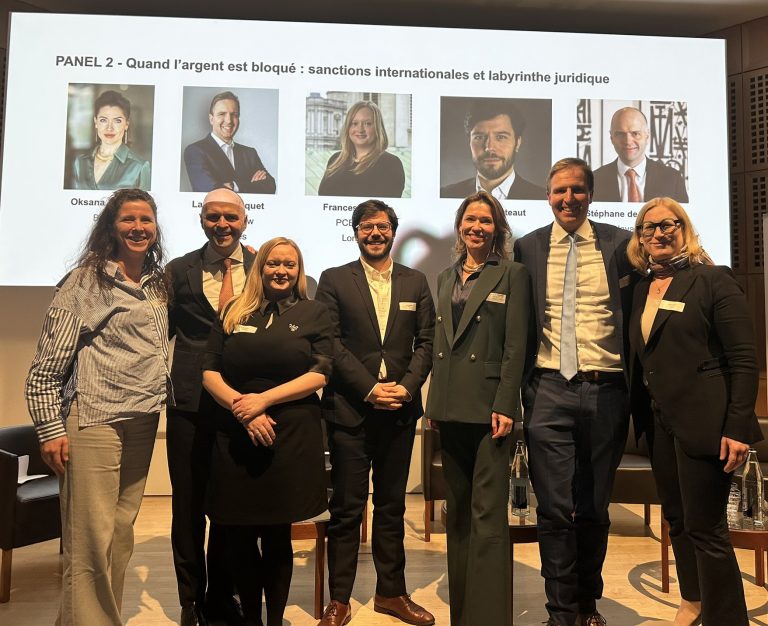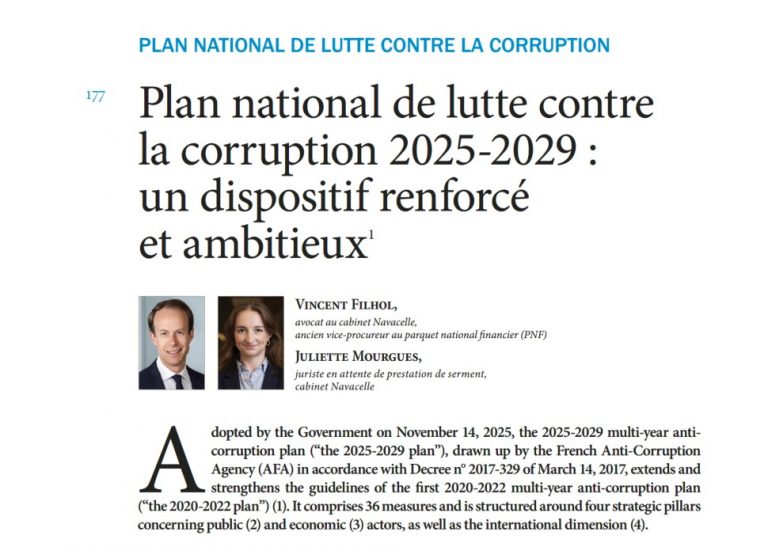According to Article 1 of the “corporate duty of vigilance law”1, codified in Article L.225-102-4 of the Commercial Code, companies registered in France that employ at least five thousand employees within headquarters and their direct or indirect subsidiaries, or companies registered in France or abroad that employ at least ten thousand employees within headquarters and in their direct or indirect subsidiaries, have the obligation to establish and implement a due diligence plan, aimed at identifying and preventing risks of serious harm to human rights, fundamental freedoms, health and safety, and the environment, on account of their activities and those of their subsidiaries, suppliers and subcontractors with whom they have an established business relationship, and when these activities are related to this relationship. In the event of non-compliance with this legal requirement, and within three months of formal notice, any person with standing may request the competent court to compel the company to comply with it by injunction, under penalty if necessary. The law does not however, provide any clarification as to the competent court to hear such injunction claims.
While welcomed for its innovative character, the corporate duty of vigilance law was criticized from the outset – during the parliamentary debates – for its lack of clarity. The Versailles Court of Appeal’s decision of December 9, 2020, although not yet final, provides much-needed clarification in relation to the competent court to hear injunction proceedings2.
In this decision, in which the appellant associations, i.e. Friends of the Earth France, National Association of Professional Environmentalists and Africa Institute for Energy Governance, faced SA (Société Anonyme) Total, the Court confirmed the lack of jurisdiction of the Nanterre judicial court. Rather, it confirmed the jurisdiction of the commercial court to oversee the injunction proceedings brought by French and Ugandan NGOs, seeking to compel Total to comply with its obligations under the corporate duty of vigilance law, for activities operated by two of its subsidiaries and concerning two oil projects in Uganda and Tanzania.
In doing so, the Court reasoned in two stages.
The Court recalled the principle that the commercial court is a special jurisdiction and that only the application of a special rule can justify moving away from the common law jurisdiction of the judicial court. The Court drew from the lack of clarity of the provisions of the corporate duty of vigilance law in relation to jurisdiction that there was no special rule for resolving the dispute and determining which of the commercial court or the judicial court had jurisdiction.
Accordingly, it analyzed the common law provisions of the French Commercial Code. The Court of Appeal stressed that to characterize a dispute relating to commercial companies, it was important to show a direct link between the facts at the origin of the claim and the management of the company, referring to Article L. 721-3 2° of the Commercial Code, which provides that “the commercial courts rule on [disputes] relating to commercial companies” and “those relating to commercial between all persons”. Consequently, the Court decided that it was irrelevant whether the disputed act was the act of a salesperson, of a manager or of the parent company, thereby choosing not to follow the argument of the NGOs, which maintained that a direct link between the facts subject of the claim and company management by a de facto or de jure manager must exist to trigger the special jurisdiction of the commercial court.
To establish the link between the facts at the origin of the claim, the establishment of a due diligence plan and the management of the company, the Court of Appeal partially followed SA Total’s reasoning. It noted that the legislative provisions of the corporate duty of vigilance law were introduced in article L. 225-102-4 of the Commercial Code, in Title II concerning commercial companies, in Chapter V concerning public limited companies and in Section 3 concerning shareholders’ meetings. It also emphasized that the due diligence plan and the report on its implementation were to be appended to the annual management report, which is presented at the shareholders’ meeting, thus integrating social and environmental issues into the business of the commercial company. The Court held that the corporate duty of vigilance law necessarily impacts the functioning of the company, in that it imposes an obligation of transparency and disclosure on corporate governance. The Court thereby inferred that there is a link between the establishment of a due diligence plan and the management of the company.
The Court pointed to other obligations imposed on companies by the corporate duty of vigilance law that highlight the existence of a link between the due diligence plan and the management of the company. For instance, companies are required to set up an alert mechanism that must be established “in consultation with representative trade union organizations”. This mechanism reinforces the idea that the elaboration of the due diligence plan is the responsibility of company management because it requires an exchange with social partners.
Finally, the Court rejected the idea of a jurisdictional option that was possible under the mixed act theory. On the contrary, the Court of Appeal considered that the disputed act could not be characterized as a civil act – the company establishing the due diligence plan and remaining the sole entity subjected to this legal requirement.
This appeal-level court decision could be overruled, unless the Cour de cassation were to be called to issue a final ruling on the matter. Let us wager however, that the continuation of this case, before the Cour de cassation or on the merits, will bring new and warranted clarifications as to the application and even the effectiveness of this corporate duty of vigilance law.











